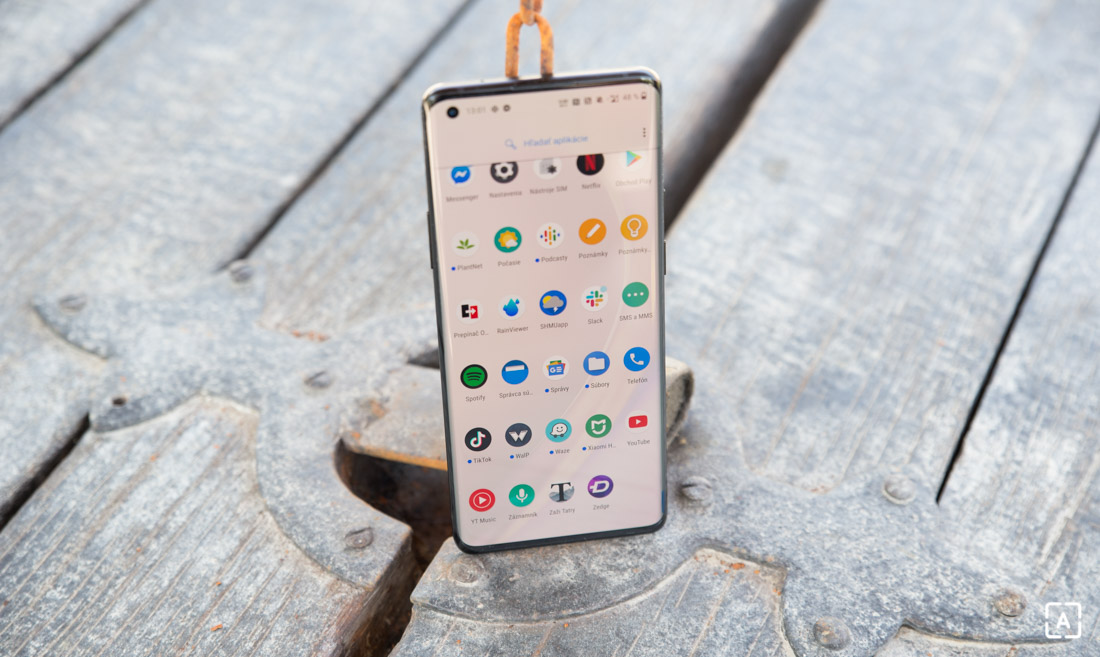Will the new Cyber Security Act really be a hammer on suppliers?
Concerns also arise from a range of manufacturers and suppliers who criticize the draft of a new law on cyber security. Their interest is aimed at the possibility of excluding for reasons of security of tenderers and supplies to the state.
Manufacturers and suppliers worried?
We have already informed you on our website about the basic attributes of the new law. And it is the intervention in the freedom of enterprise and the freedom to bid for public contracts that is now on the agenda. Criticism, for example, comes from Huawei. However, their reservation is not about security. There seems to be a consensus here that this is a matter for the state, which can also intervene in the choice of supplier for its own protection. If there is a legitimate interest in it and the threat is real. Criticism concerns the possible price increases that the introduction of this intervention by the NBU may cause the market and end consumers.
The NBU, which actually has to defend itself against the new law, also resists market interventions when it states:
“As we stated in the introduction to this press release, the amendment to the Cyber Security Act also takes into account the recommendations of the 5G Toolbox, which envisages the arrival of new 5th generation network technology and the associated security risks. The toolbox recommends a detailed risk analysis in relation to suppliers of critical products and services. The risk assessment shall be followed by the application of the necessary measures, including the exclusion of the supplier from the supply chain. “
The result can be more expensive
The counter-argument? Or rather, an argument supporting the handling of this tool should be declared by the Bloomberg server analysis. He claims that if a national regulator or simply the state interferes with the free space of operators by the manufacturer will be excluded from this environment as dangerous (in this case the UK is Huawei), it will cause increased costs for operators. And that’s it projected to the customer. Indeed, if one of the main suppliers of hardware and software solutions is banned, this will reduce the scope for competition. Operators do not have such a wide and especially competitive choice of their partners for network and service development. The result? Raising prices for customers.
However, this may be different, as Bloomberg does not conclude that the exclusion of Huawei should trigger such a response. There is even a suspicion of a cartel agreement between the largest British operators, which is being investigated by Ofcom (UK regulator) and competition authorities. And Huawei or the general exclusion of their supplier from the market may be a pretext rather than justify a cartel. These are undesirable, degrade the market and, in particular, do not give the consumer a choice, as the price increase agreement is based on comparable increases, so competition is disappearing.
So far, the fear that in Slovakia due to the new law should rise in price is not raised, although the NBU and their instrument is indeed a major entry into the market and competition in it.



